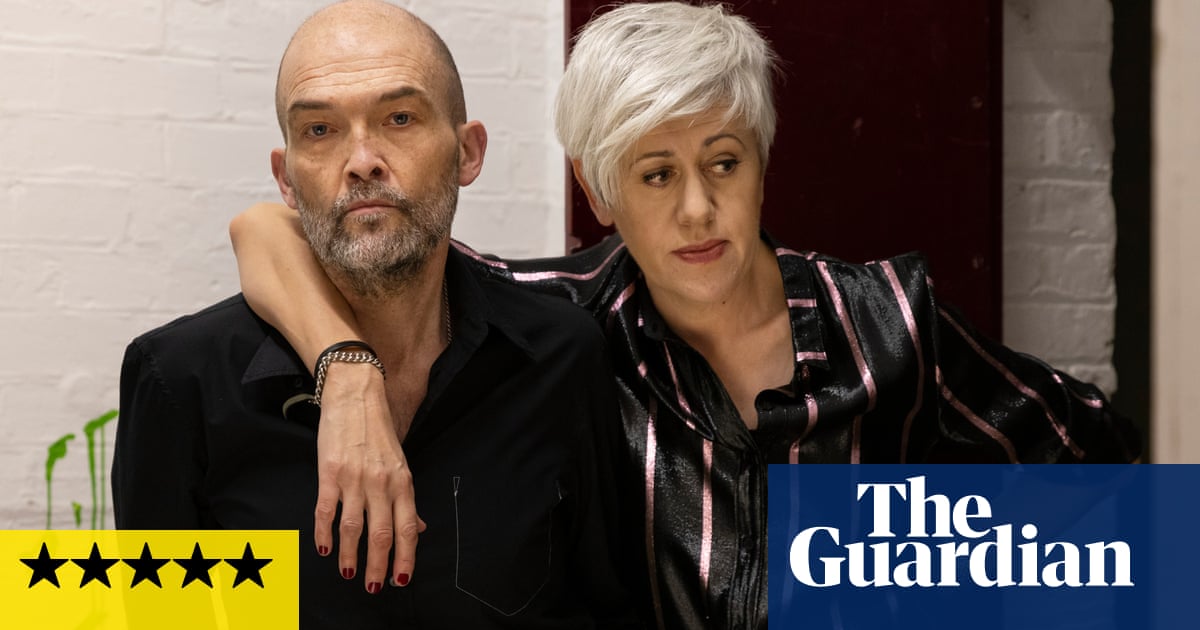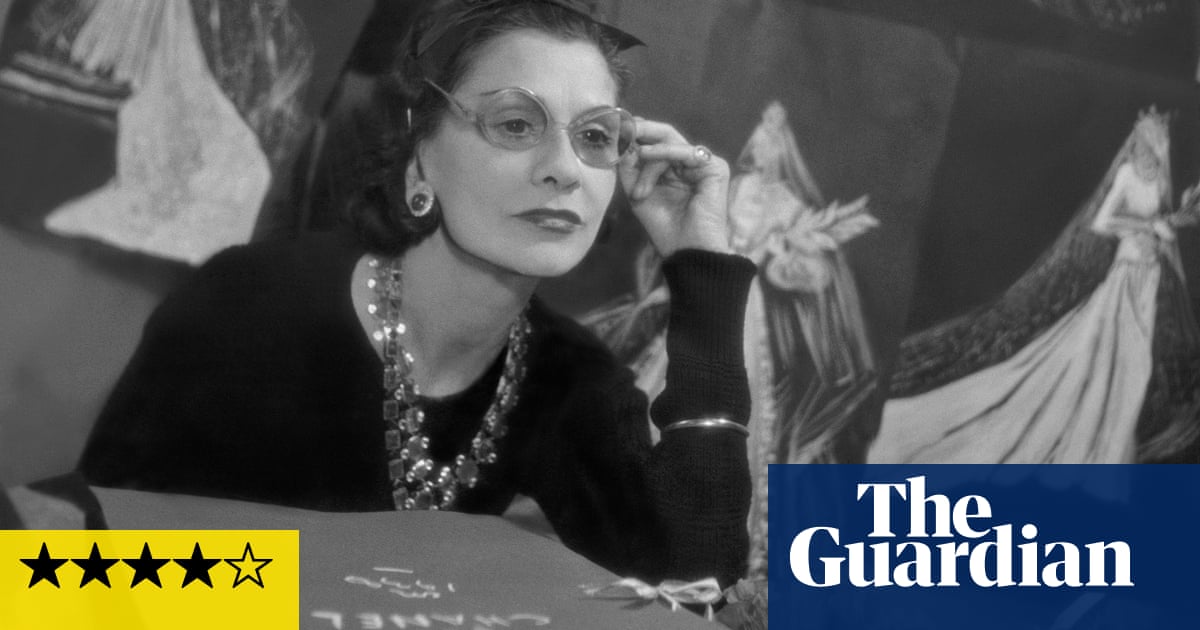
all the Midwife (BBC One) is a reliable old workhorse. Even as it reaches its 10th series – with the BBC recently announcing that there are at least two more to come – it continues to be a solid drama that spins its many plates with expert skill. It is often seen as cosy television, and, in many respects, that is a fair assessment – it’s got that Sunday evening slot and good-old-days period setting. But, as always, it is steely, too, with a strong moral backbone. It rarely shies away from asking difficult questions, even if it asks them in a quiet, sweet voice.
It is 1966, before the World Cup. Change is on the horizon in Poplar (though that could be the strapline to every episode) and modernity is knocking at the door. At this point in time, Nonnatus House is short of cash, so Sister Julienne agrees to farm the midwives out to work at a fancy private hospital in Mayfair, which believes the presence of a religious order would, in essence, improve its branding. In return, Nonnatus House will be appropriating the money they earn from the rich people in order to fund the healthcare of the poor. It is billed as “Robin Hood with wimples”.
It proves to be a controversial scheme, and is not universally popular in Poplar. Naturally, Trixie is delighted to be sent on a six-week placement at the Lady Emily Clinic for Women and Babies. “Their garden parties are in Tatler,” she coos, eager to start, even if she does have to work in a frilly pink uniform with what looks like a diamante belt buckle. She is there to report back to the nuns, but she has a lot to offer the stiff Mr Scarisbrick, whose charm is no match for a midwife’s expert touch. It has plenty of fun with the remoteness of the wealthy husband, who is repulsed by the idea of sitting in on her appointment.
Dr Turner, however, is furious that Sister Julienne is involved in private healthcare, no matter how honourable her intentions. “There will be no charge,” says the doctor pointedly when she asks him to look in on a patient, then laments that it is the “first cross word I’ve had with her in 20 years”. It says a lot about Call the Midwife’s fundamental good nature that this is considered a cross word. Marriage Story, it ain’t.
At its heart, this is a story about giving birth, motherhood and fatherhood, and it knows just how and when to devastate. Two neighbours go into labour simultaneously. One is having her first child, another her third, after twins: “the demon duo”. Only one of the births is straightforward. The series is not coy about blood and gore – or at least, it is as frank as it can be at this time of night – and it is equally raw on an emotional front. For every moment when a woman goes into a panicked labour, there is a line as simple and grief-stricken as: “I wish you’d had our luck.” Perhaps the spectre of thalidomide is responsible for the complications, or perhaps it is related to an army posting in the South Pacific. Turner is determined to find out.
This is a heady concoction of trauma, but there is, of course, plenty of light relief, and it is to the credit of the writing that we never feel an inappropriate lurch in mood. The Buckles find an innovative way to solve the problem of renting out the flat above the shop. Sister Hilda, tired of the “medieval hand-me-downs” that the sisters are forced to wear, rallies the troops to design and sew new habits to much debate about skirt length, and whether it is appropriate to show your knees on a bicycle. On top of this, there is a crisis of faith for Sister Monica Joan, who remains largely confined to bed, glued to the television, unable to summon a prayer. In this age, it is a relatable state.
It is easy to be complacent about Call the Midwife. It’s a Christmas staple, it looks likely to run for ever and it has seen plenty of stars come and go through the convent doors, from Oscar nominees (Emerald Fennell) to comedy stars (Charlotte Ritchie) and sitcom legends (Miranda Hart). But its soft socialism, community spirit and furious sense of what is right and wrong means it still shines after all these years, and we should not take it for granted.












